Last month, CMW resident musician Adrienne Taylor gave a deeply moving performance of Samuel Barber’s Cello Sonata at a CMW concert at Bell Street Chapel. Walking down the long aisle after taking her bows, she stopped mid-stride, broke out in a grin, and leaned into a pew to give a young audience member a warm hug.
That audience member was U.S. Marine Corps Sergeant Ian Rosales. Ian, who was a cello student at Community MusicWorks from 2006 to 2014, had recently returned to Providence to visit his mom and attend a concert featuring his former cello teacher.
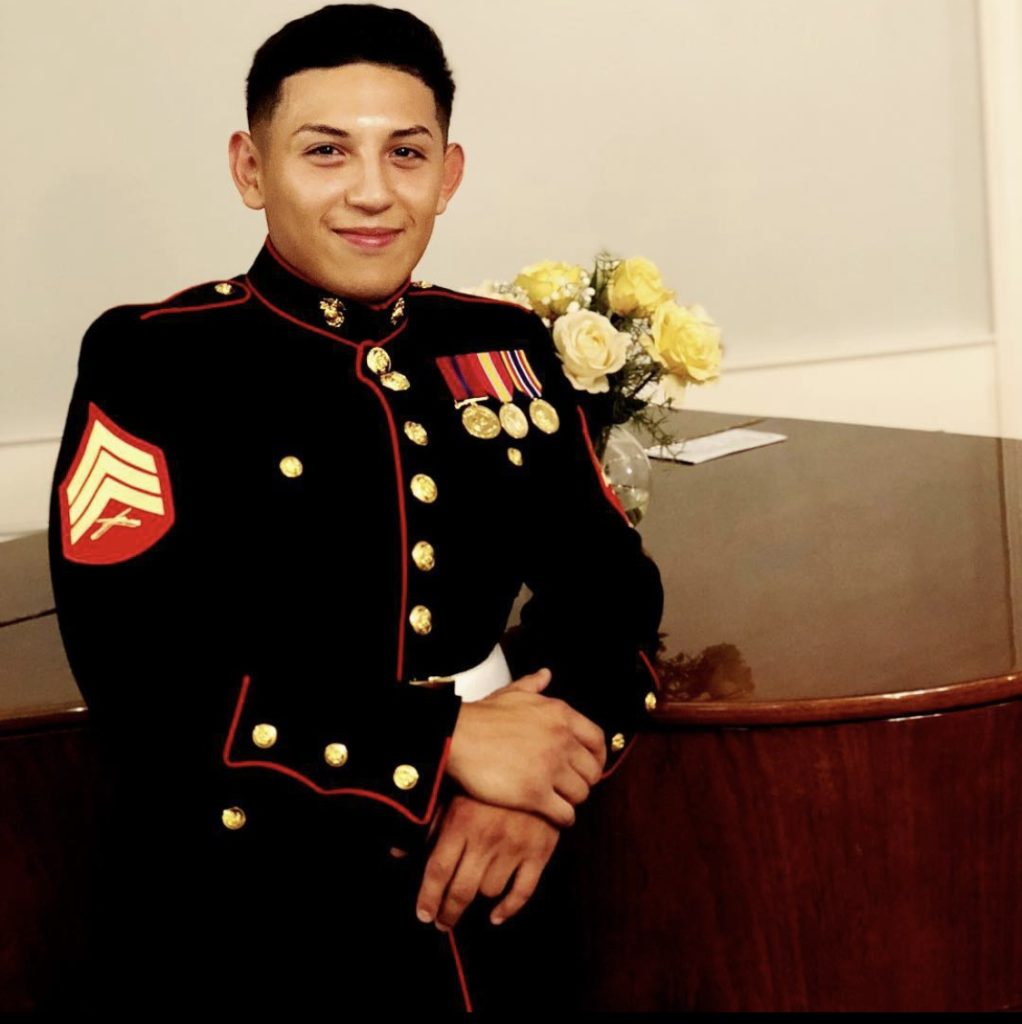
U.S. Marine Corps Sgt. Ian Rosales
After the concert, we had a chance to catch up with Ian. “It was so welcoming to be back,” he said. “Community MusicWorks is one of the most influential programs in the state of RI.”
And CMW was definitely a personal influence for the former cello student. Ian shared that he often finds himself drawing on his time at CMW for guidance and support. Throughout his many years at CMW, Ian was asked to do hard things. Whether the task was musical (creating a clear tone on his instrument) or intellectual (working through difficult discussions in weekly Phase II meetings) CMW taught him to never shy away from facing a challenge or asking a difficult question.
“Talking about the hard things at CMW,” he said, was an experience that prepared him for having difficult conversations as a Marine. “The lessons we learned at CMW carry with you.”
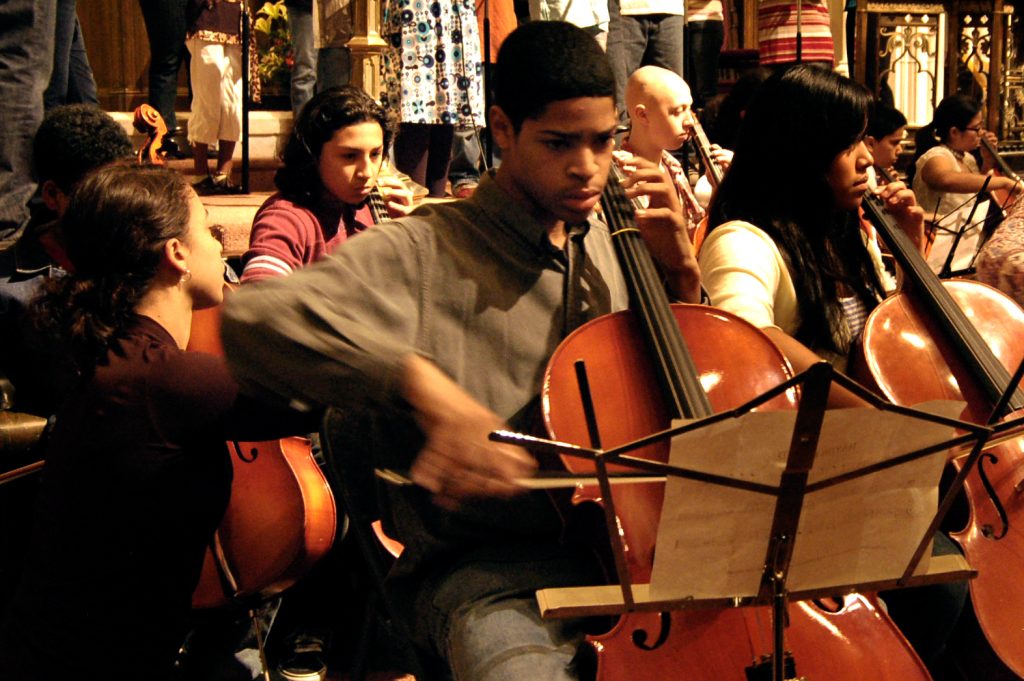
Ian (left rear) at an early Performance Party with teacher Adrienne Taylor (left).
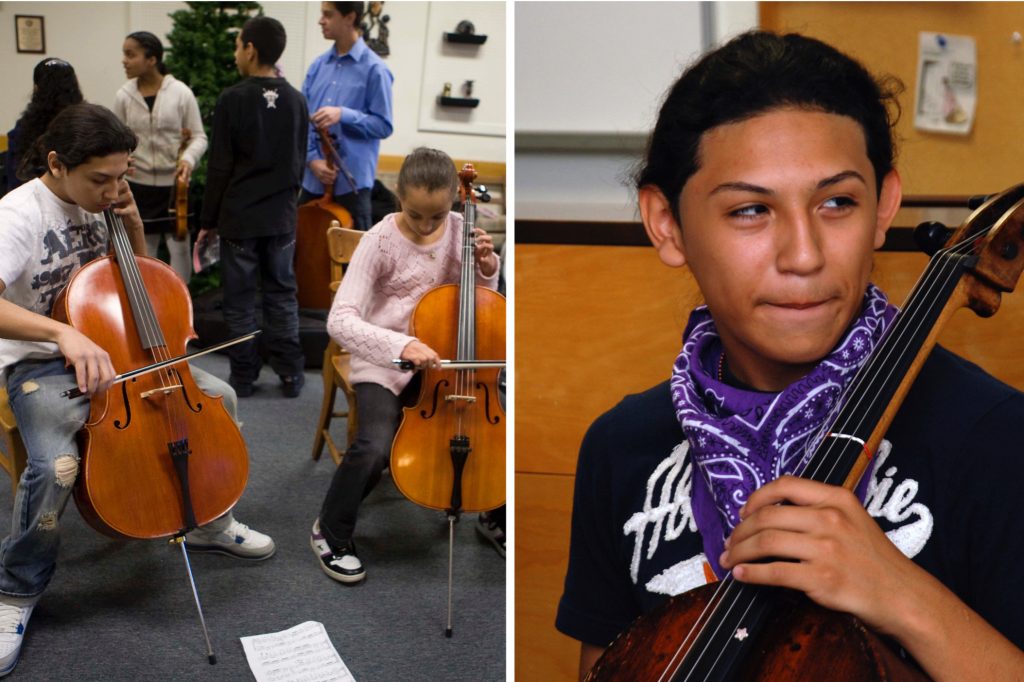
Ian with fellow student Ruby (left) and at CMW’s summer camp (right).
In ensemble rehearsals at CMW, Ian learned that performing with a group demands that you bring your whole self to the present moment—if you hold yourself back, the group is deprived of the very thing that makes it unique. That same thinking applies to how we interact with people in our day-to-day lives. If you aren’t fully present, you never allow people to truly know you. “If you aren’t fully present in music, you kind of rob people of what is unique to you,” he said.
For Ian, reconnecting with music meant recapturing a fundamental part of what it means to be human. Ian had been on his base in Virginia for a few months and had a nagging sense that something was missing from his life. He walked by an instrument shop, saw a cello in the window, and instantly understood that he needed to start playing music again. The instrument’s price tag was steep for him, so he decided to start saving up bit by bit. After several months, he returned for the cello.
Access to that instrument allowed him to feel like himself again. “I needed it,” he said, meaning not just the cello itself, but the presence of music in his life, and the restoration of his identity as a musician. He’s since taken that same cello across the world (not an easy feat!) and it’s helped him open the door to relationships he might never have found without it.
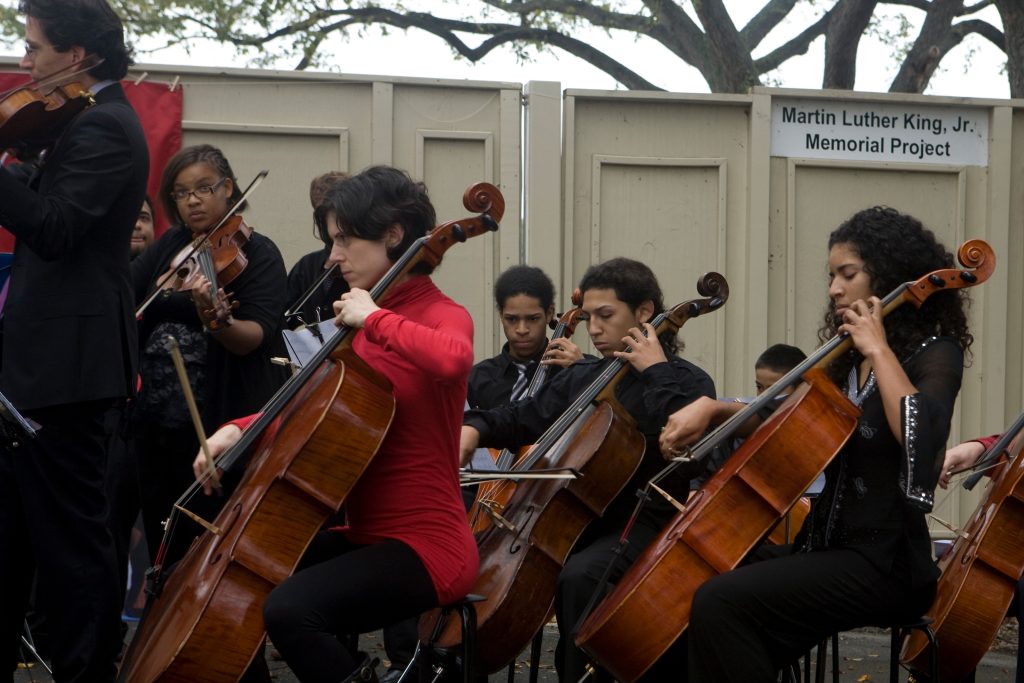
Among his many CMW memories, Ian (center, right) recalls a 2010 trip to Washington, D.C. with a group of students and teachers to perform in front of the Martin Luther King, Jr. Memorial.
Music continues to be a way for Ian to unlock relationships in unexpected ways, to build and deepen his community. While stationed in Japan, word got around that Ian was a cellist. One of his superiors asked him for help restringing his instrument, and a rabbi asked Ian to perform for services. Ian’s cello allowed him to know sides of people he might not otherwise have known. “You never know where people are gonna need music,” he said.
Along with access to community support systems such as friends, mentors, teaching opportunities and the development of his identity as a lifelong-student, Ian says this of the community in Community MusicWorks: “It’s just good people doing good stuff for good people.”
***
Photos by Jori Ketten and Bobbie Hunger
Photo of Sgt. Rosales courtesy of Ian Rosales
Check our calendar and join us at our next event!
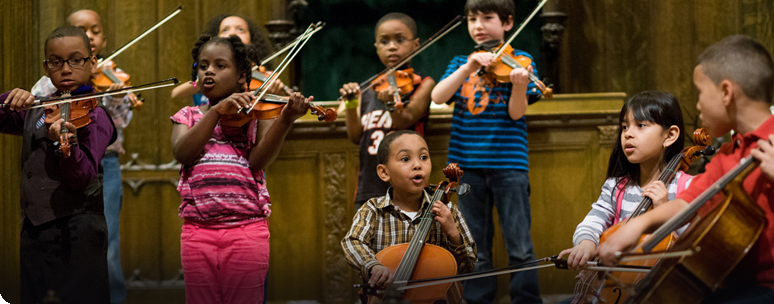
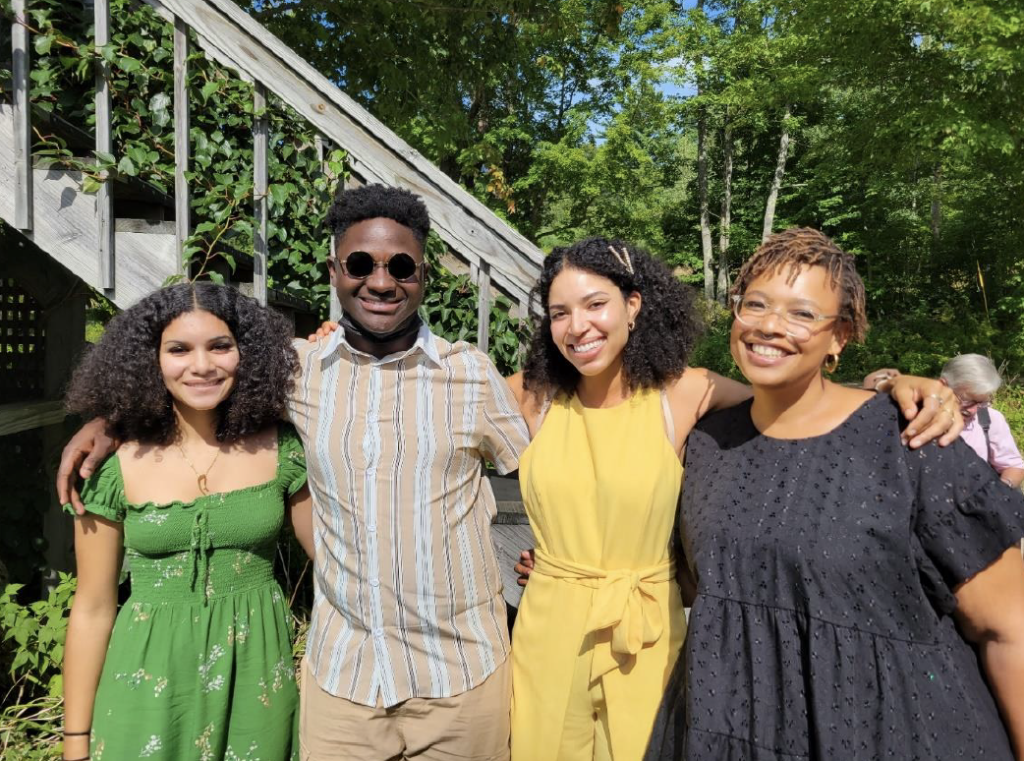
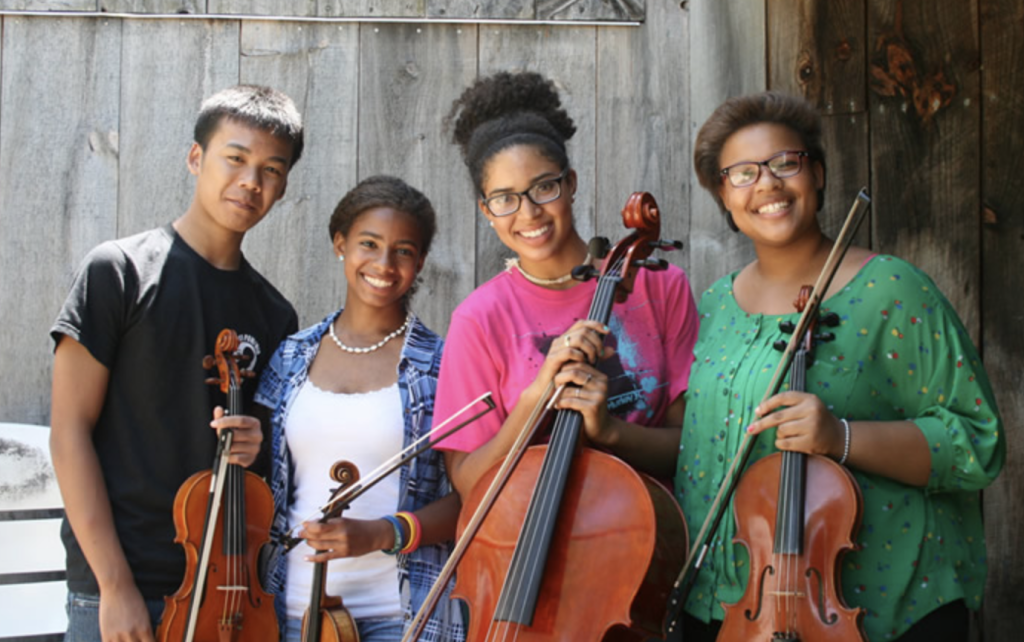
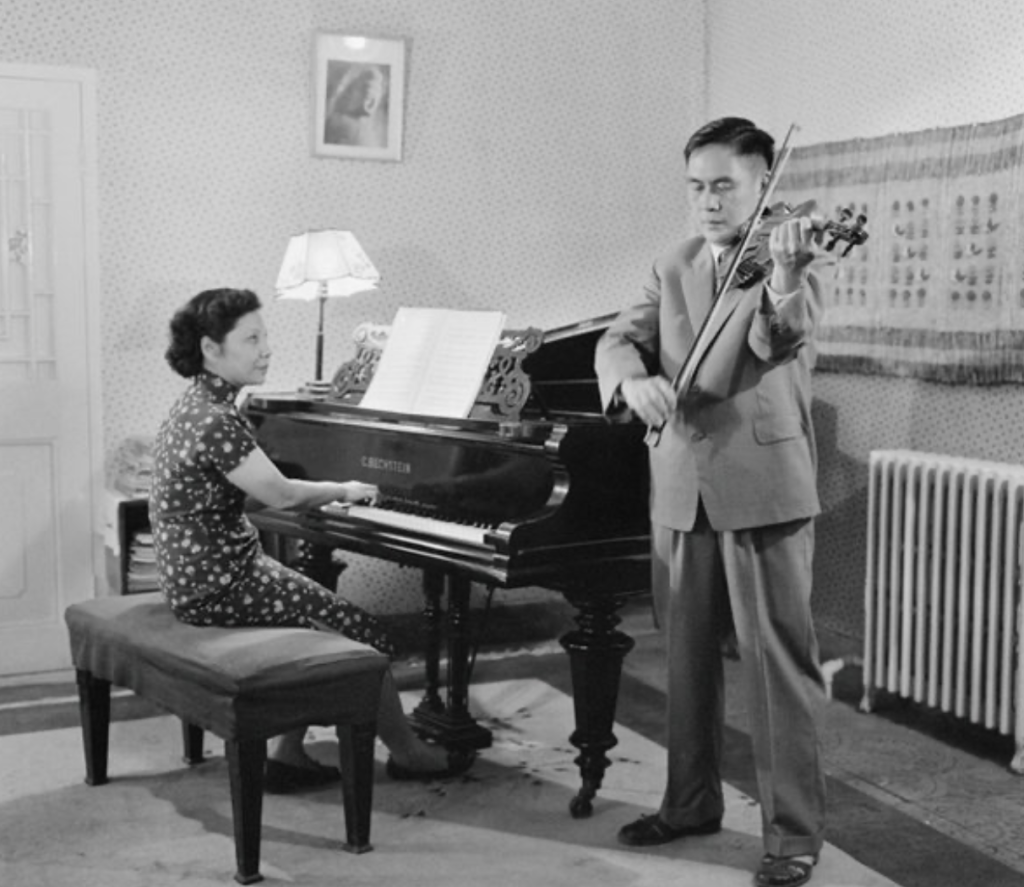
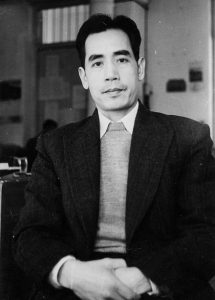
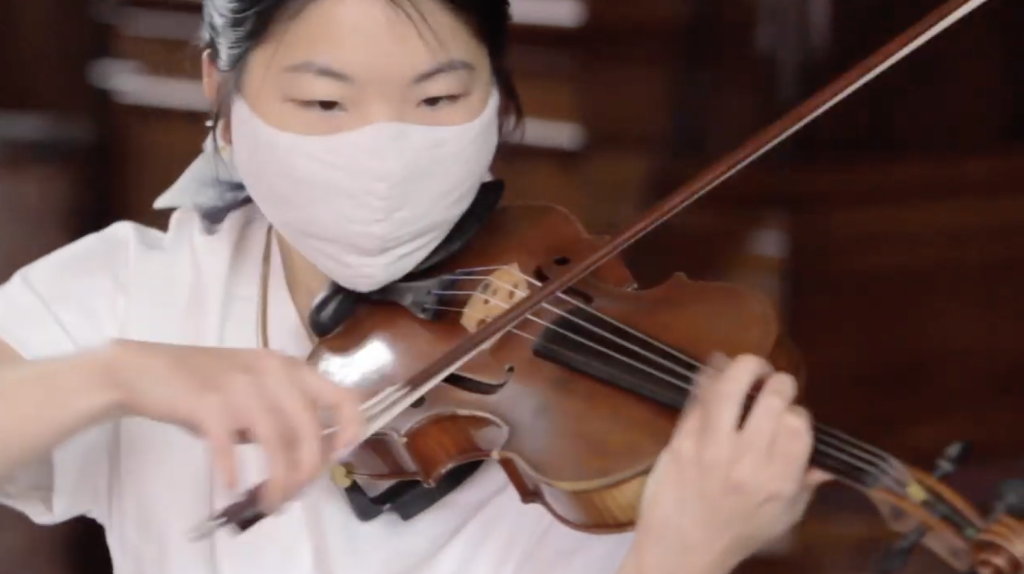
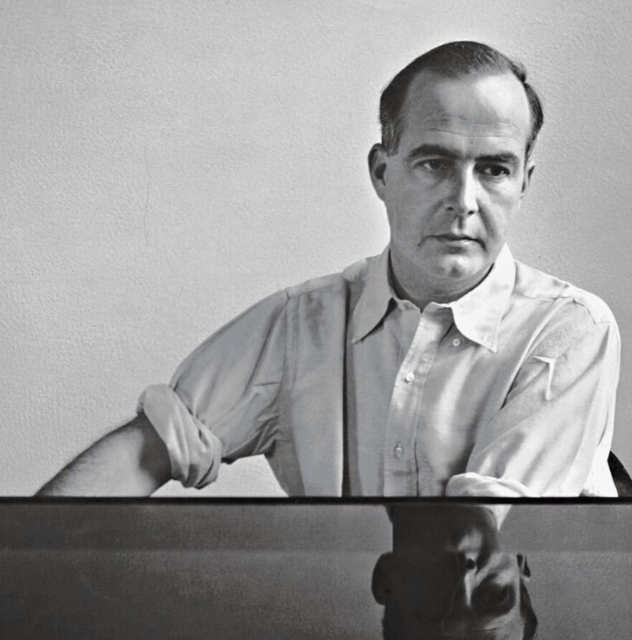
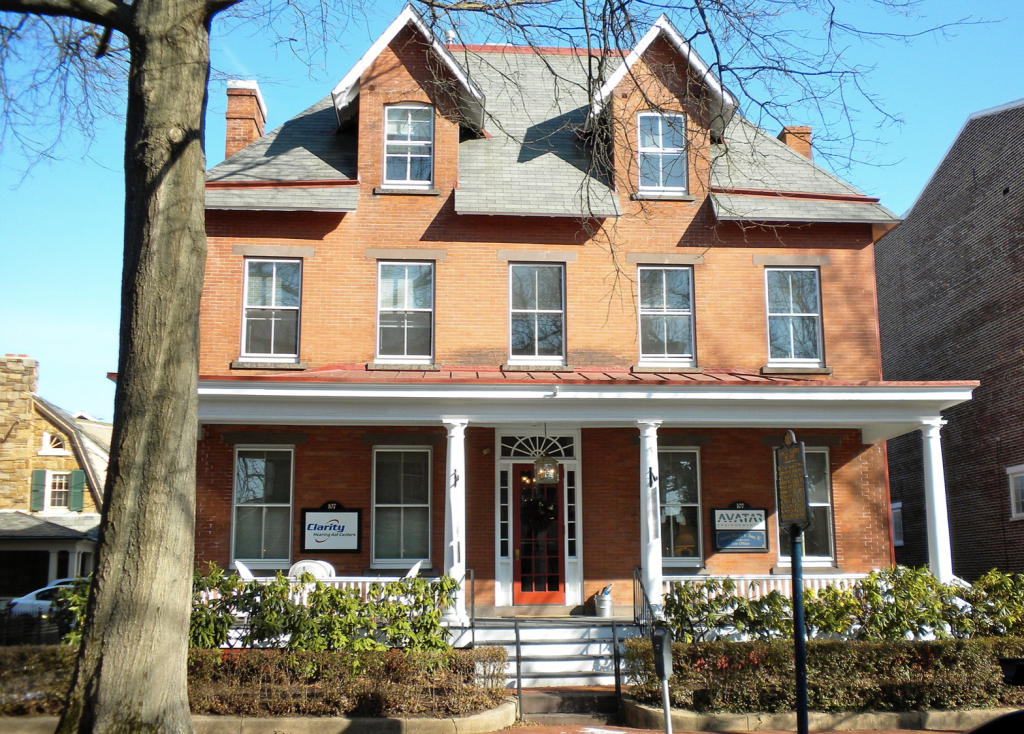
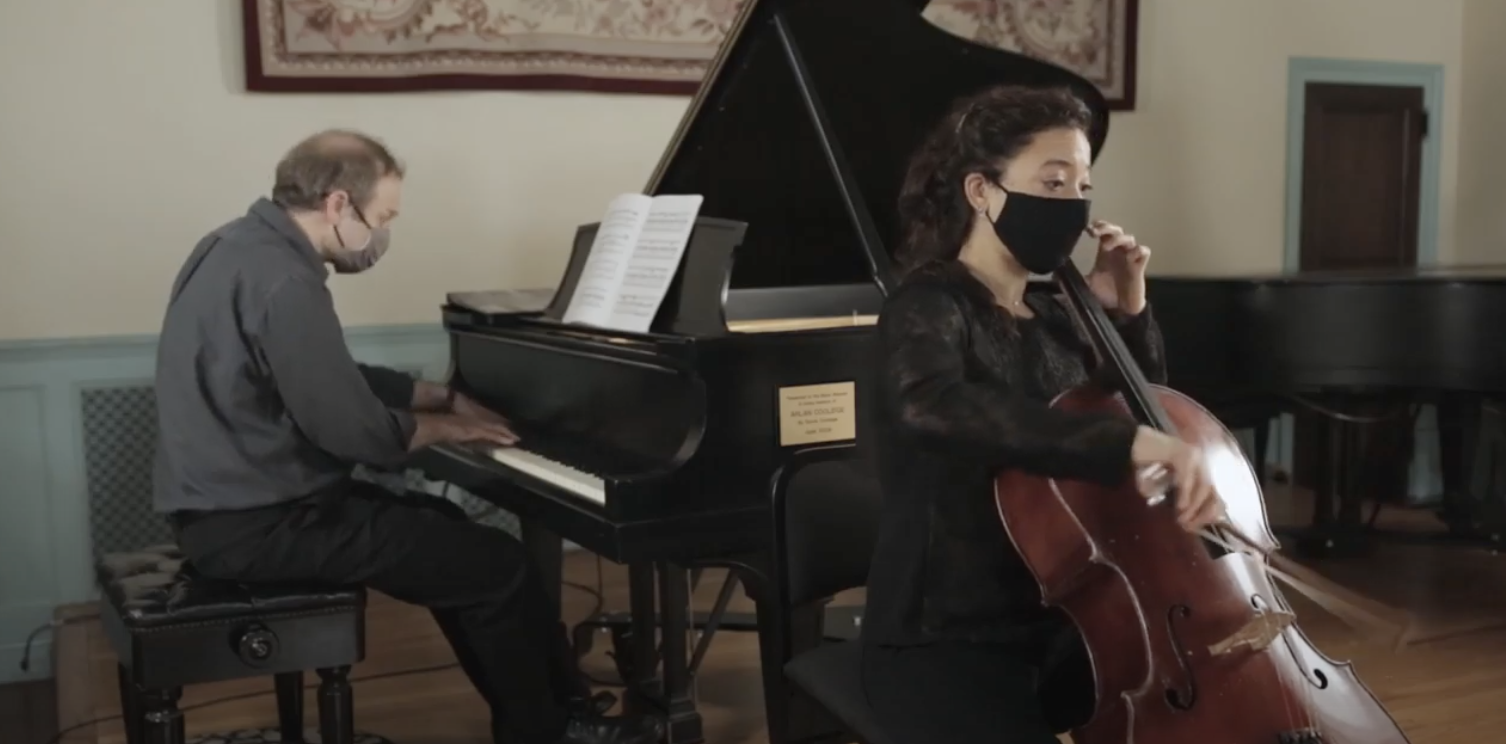
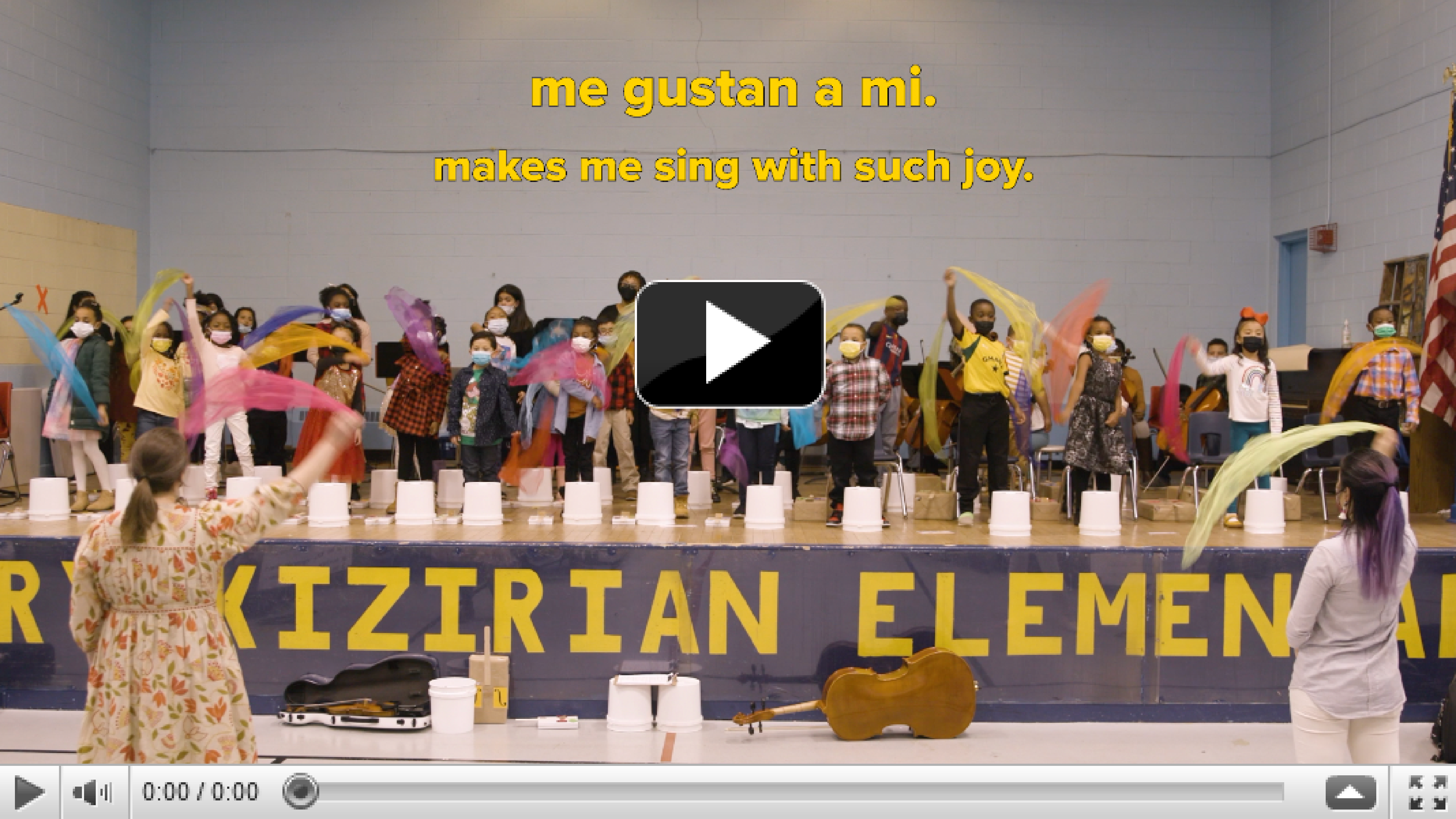
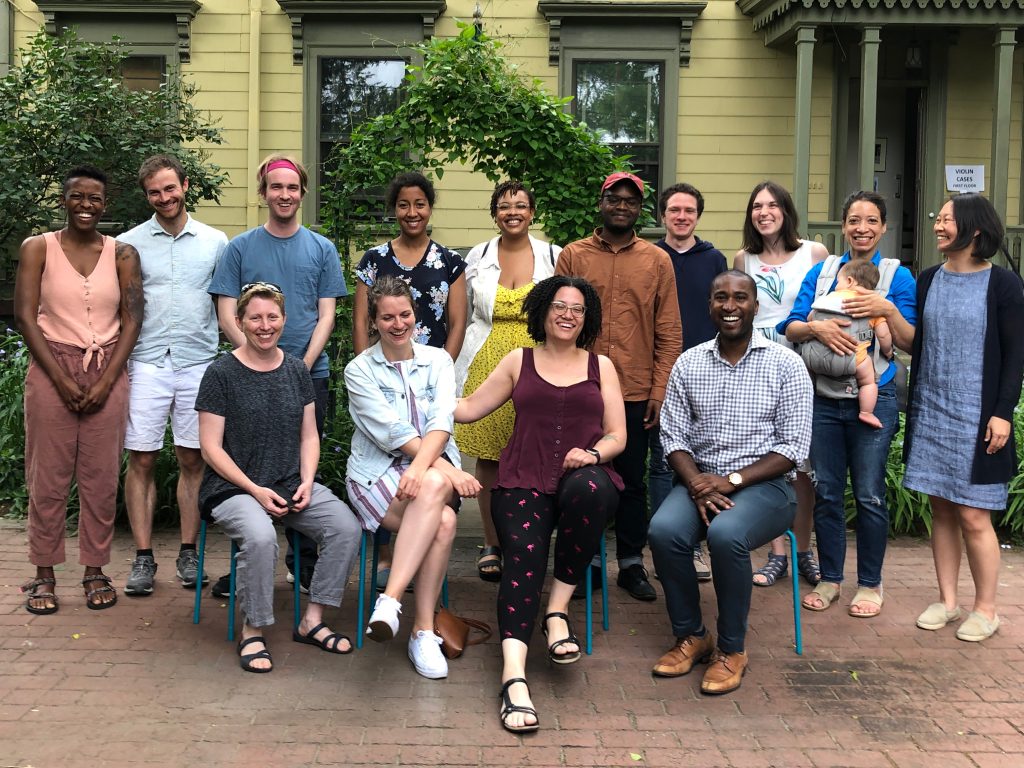
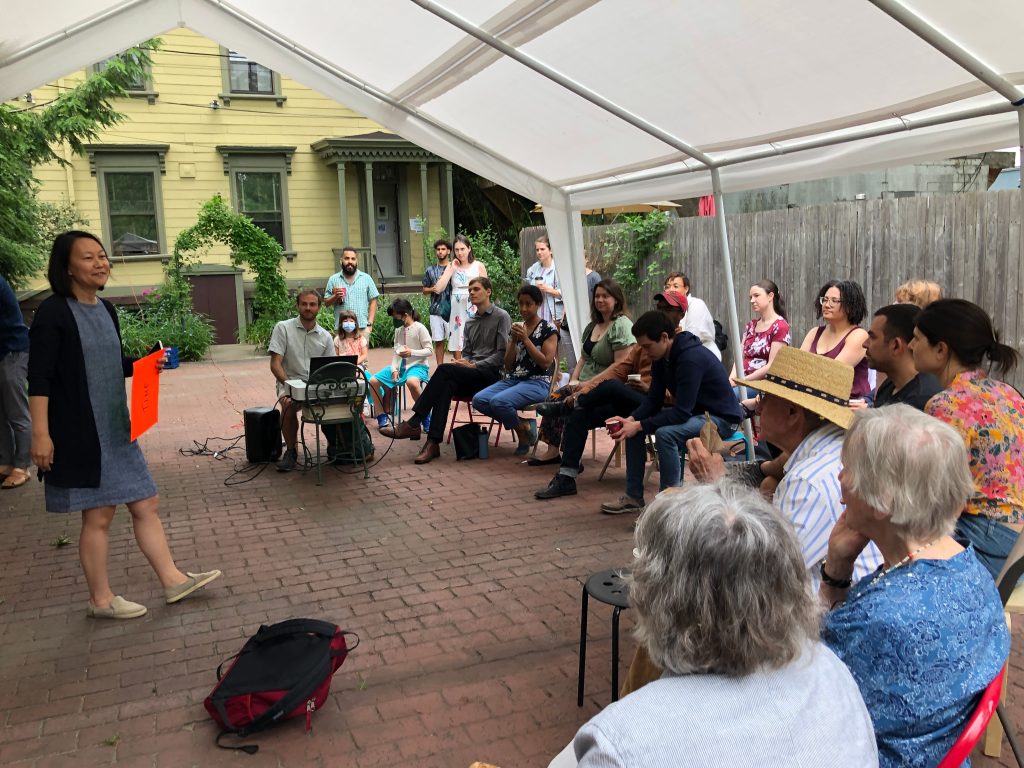
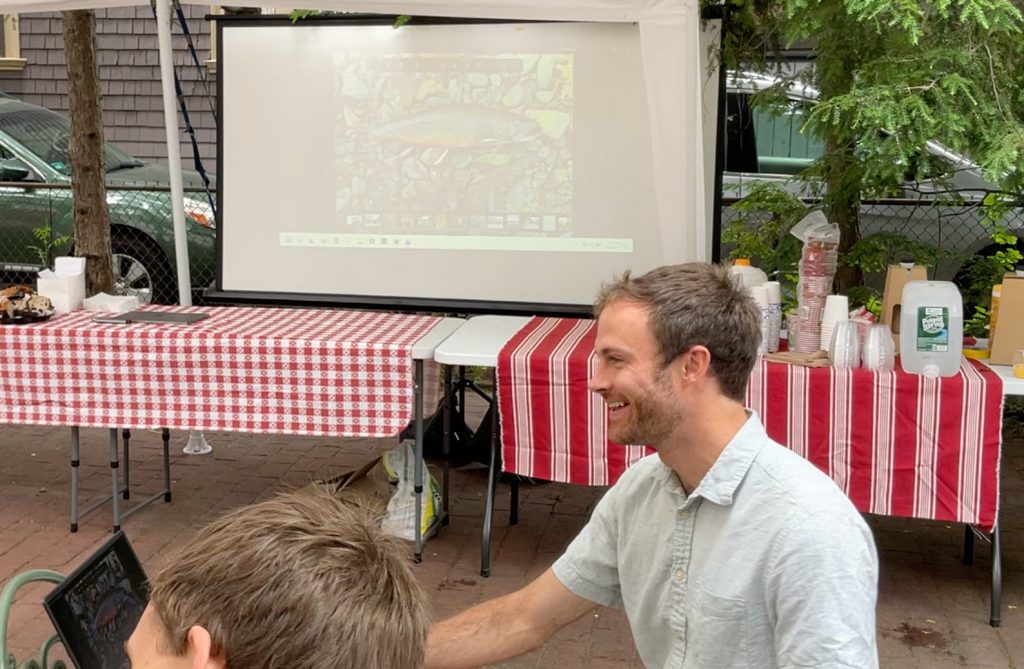
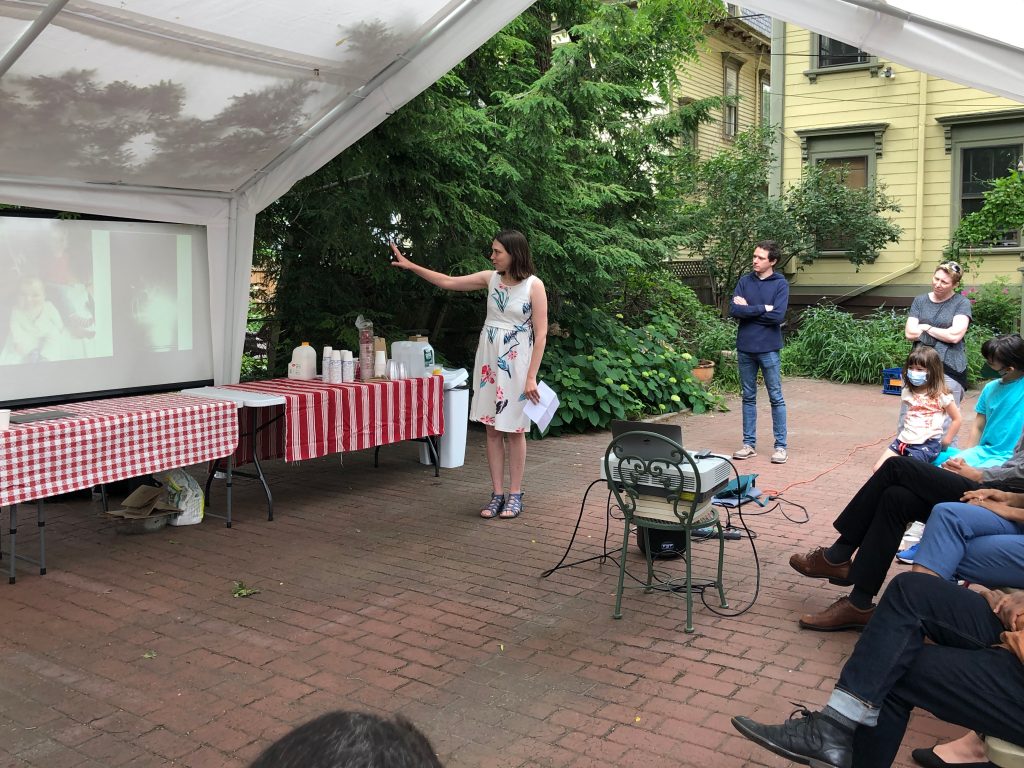
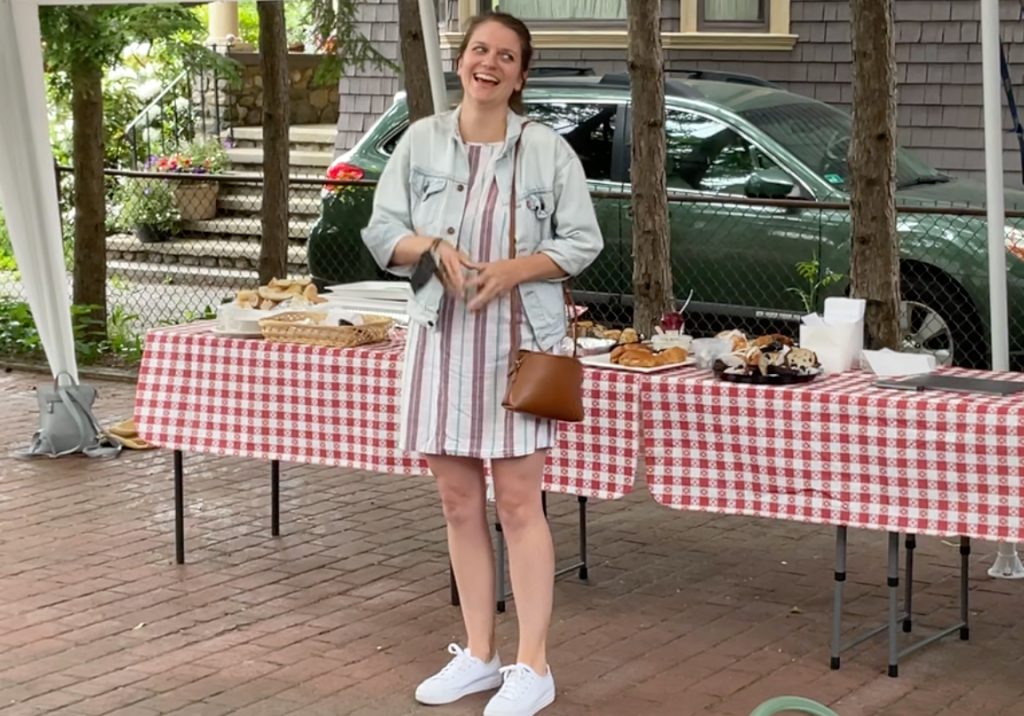
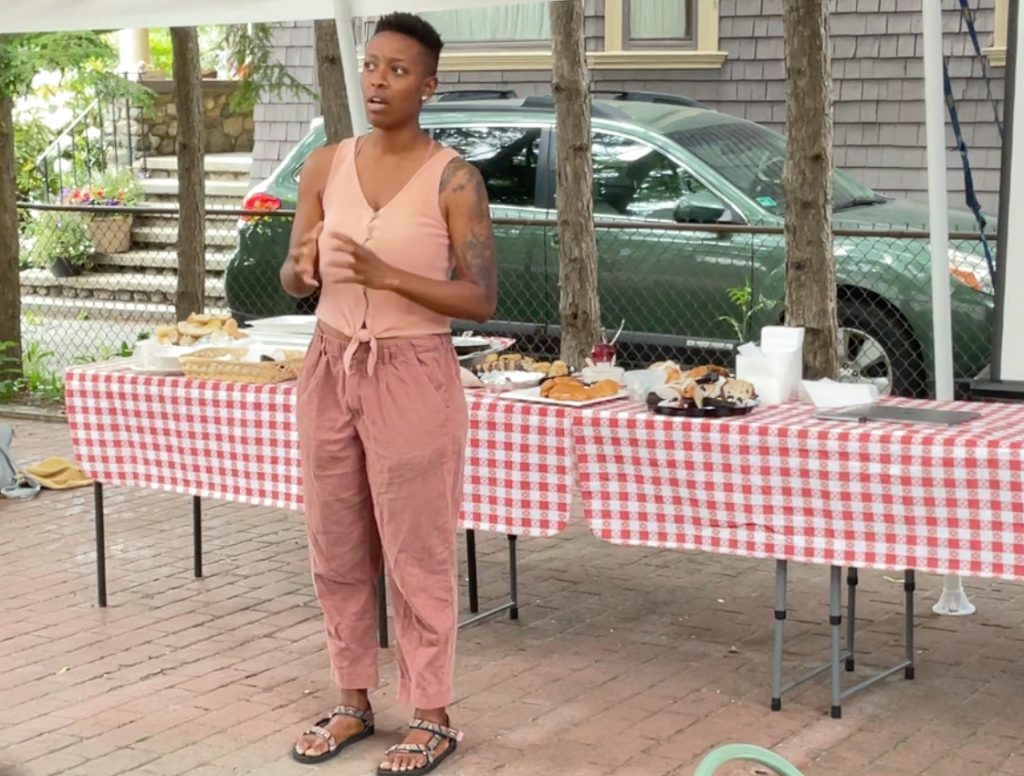
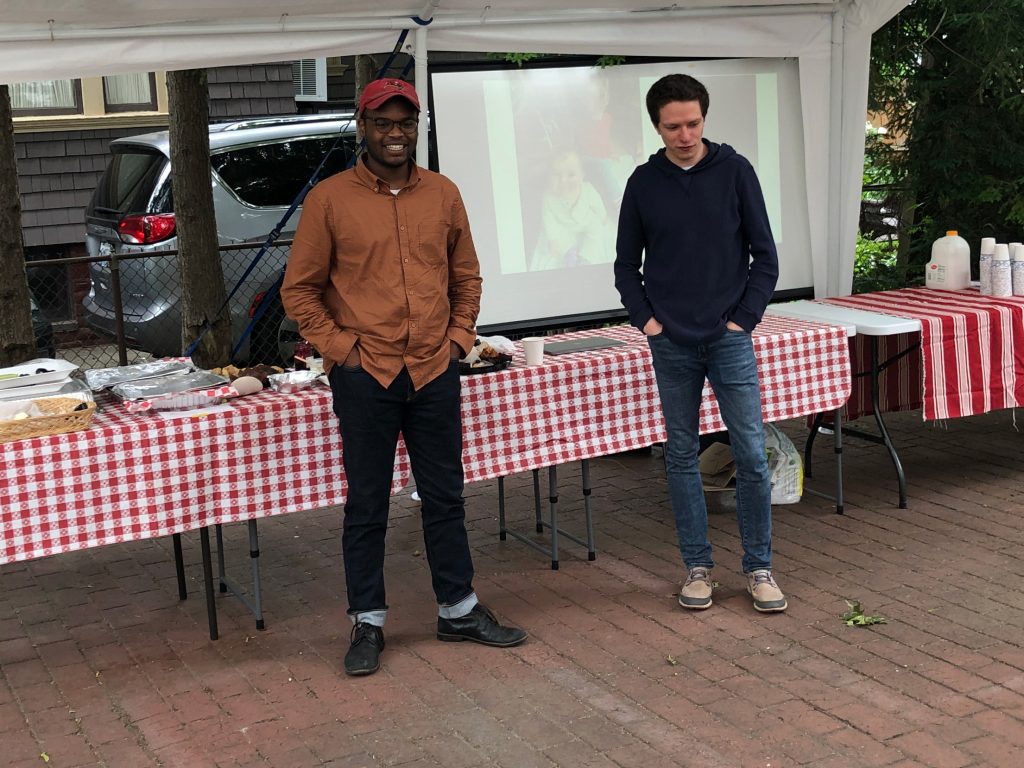
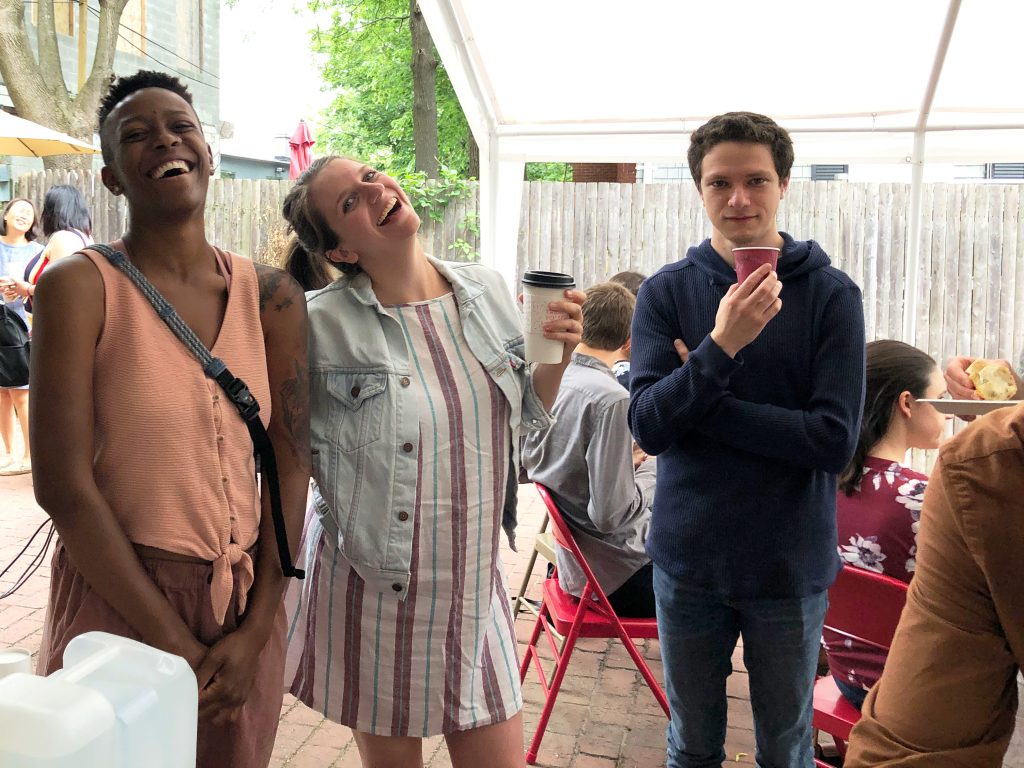
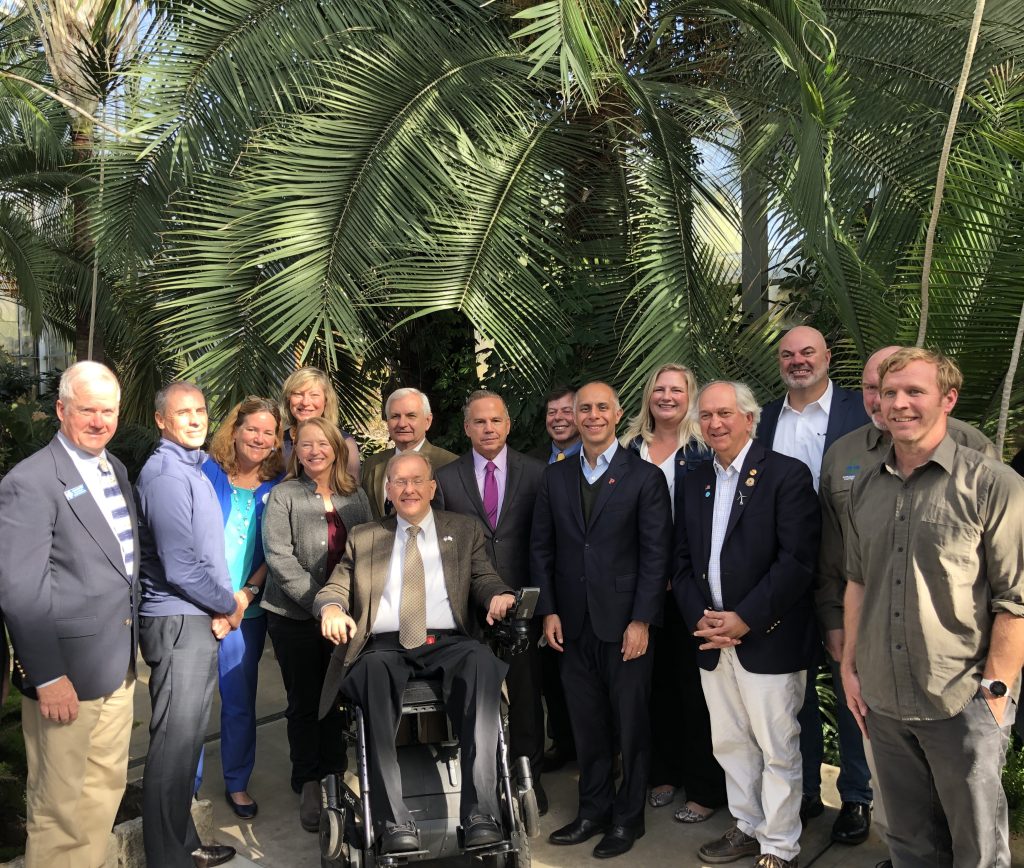 Community MusicWorks is keeping it green! In a ceremony at Roger Williams Park Botanical Center, Community MusicWorks was one of several local entities honored with an award to fund the creation of a green landscaping project for the Community MusicWorks Center (now under construction!).
Community MusicWorks is keeping it green! In a ceremony at Roger Williams Park Botanical Center, Community MusicWorks was one of several local entities honored with an award to fund the creation of a green landscaping project for the Community MusicWorks Center (now under construction!).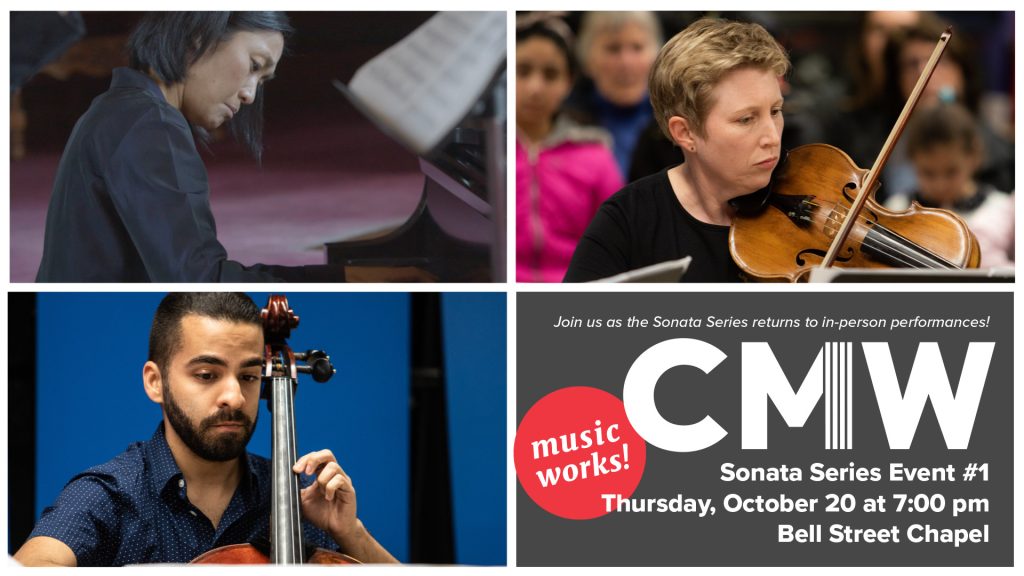 For this season of our popular Sonata Series, Community MusicWorks is excited to offer a listener’s choice: Join us in-person at Bell Street Chapel or enjoy the concert online through our first-ever live-streaming event.
For this season of our popular Sonata Series, Community MusicWorks is excited to offer a listener’s choice: Join us in-person at Bell Street Chapel or enjoy the concert online through our first-ever live-streaming event.